
Abdul Rasheed Feroz Khan
Founder & CEO, Microsoft MVP, CodeSizzler
TwitterThis browser is no longer supported.
Upgrade to Microsoft Edge to take advantage of the latest features, security updates, and technical support.
24 episodes
Learn how to design, implement, and monitor cloud-native applications that store and manage data. Learn Live with our experts and get certified with the Azure Cosmos DB Developer Specialty certification.
Join us for this live learning experience where you will be guided by subject matter experts through the Learn modules below in real time along with developers around the globe. Earn badges, prepare for certifications and Learn Live with a great community! See you there :)
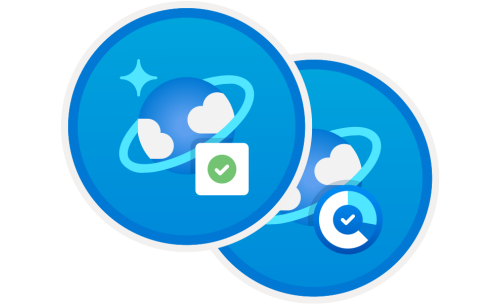
Learn about the Azure Cosmos DB SQL API and determine if it is a good fit for your application. Then Learn how to use the Azure Cosmos DB SQL to create an account, and then use the account to create Cosmos DB resources. In this episode, you will:
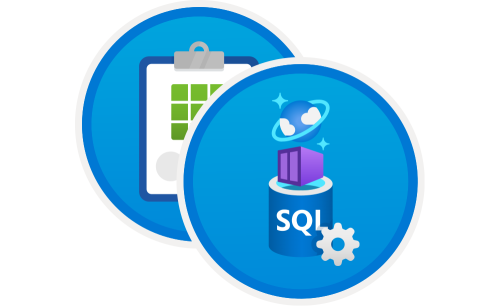
Familiarize yourself with the various configuration options for a new Azure Cosmos DB SQL API account. Then select between the various throughput offerings in Azure Cosmos DB SQL API. In this episode, you will:
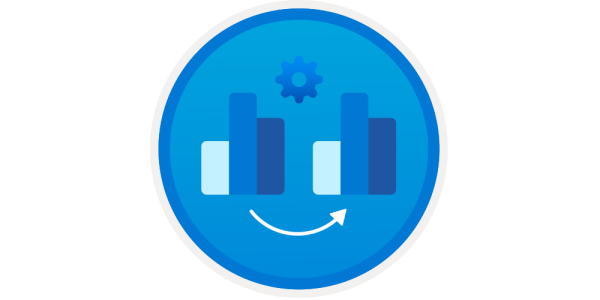
Migrate data into and out of Azure Cosmos DB SQL API using Azure services and open-source solutions. In this episode, you will:
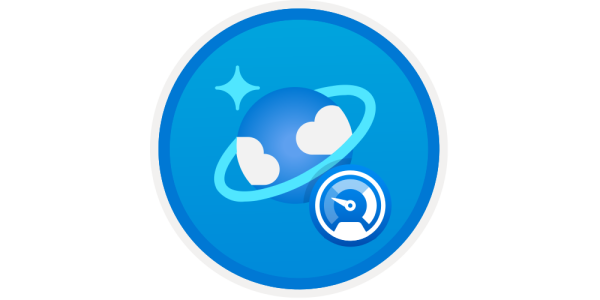
Learn about the Microsoft.Azure.Cosmos library, and then download the library to use in a .NET application. In this episode, you will:
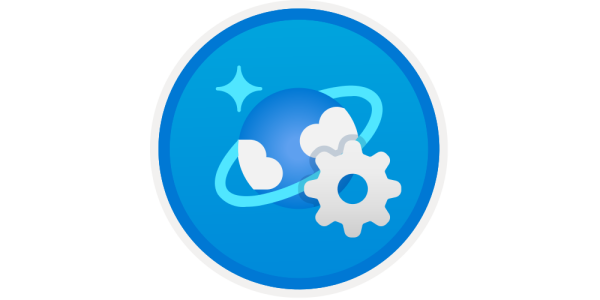
Learn how to configure the Azure Cosmos DB SQL API SDK in various ways including how to integrate with the emulator, implement parallelism, and create a custom logger. In this episode, you will:
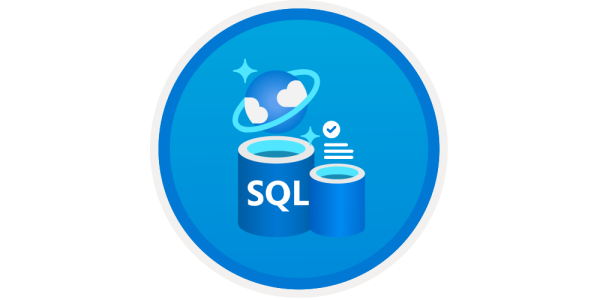
Write code to create, read, update, and delete items in Azure Cosmos DB SQL API. In this episode, you will:
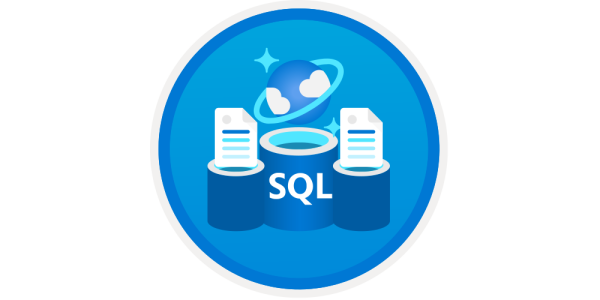
Perform operations on multiple items in single logical units of work. In this episode, you will:

Perform bulk operations on Azure Cosmos DB in bulk from code using the SDK. In this episode, you will:
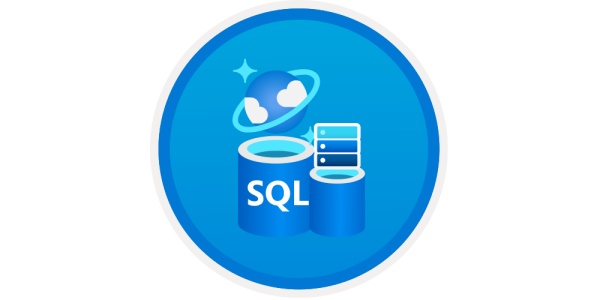
Author queries for Azure Cosmos DB SQL API using the SQL query language. In this episode, you will:
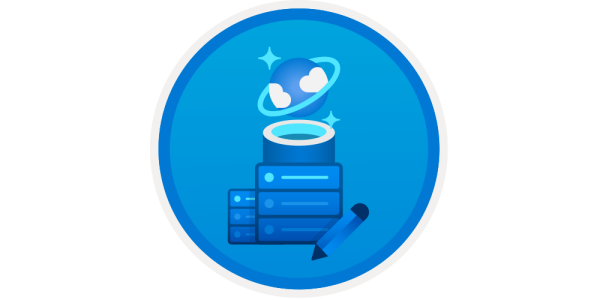
Create SQL queries for Azure Cosmos DB SQL API that uses subqueries or cross-products. In this episode, you will:
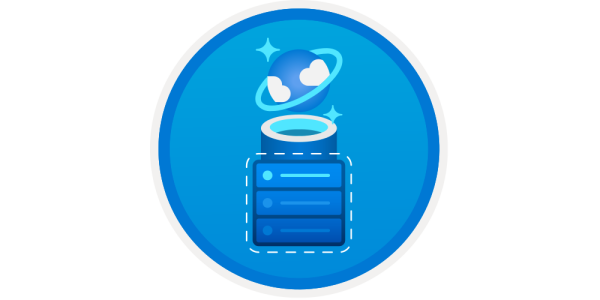
Discover indexes and indexing policies in Azure Cosmos DB SQL API. In this episode, you will:
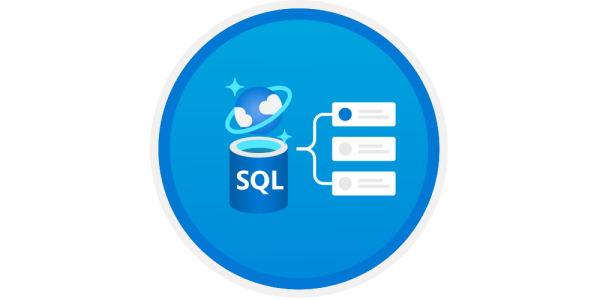
Customize indexing policies for a container in Azure Cosmos DB SQL API. In this episode, you will:
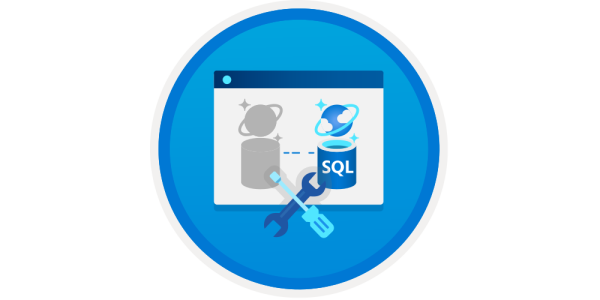
Process change feed events using the change feed processor in the Azure Cosmos DB SQL API .NET SDK. In this episode, you will:
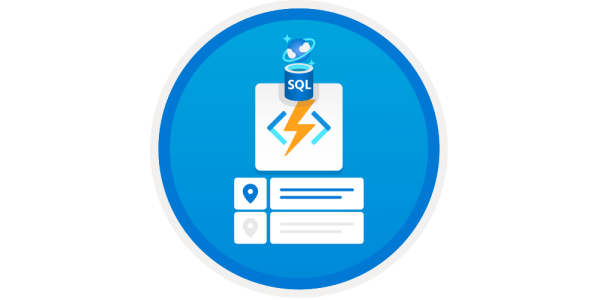
Use Azure Functions bindings to integrate a function with Azure Cosmos DB SQL API. In this episode, you will:
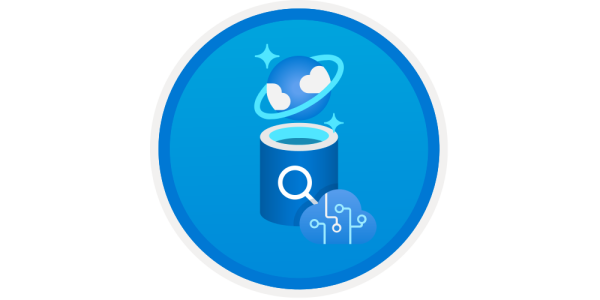
Index Azure Cosmos DB SQL API data with Azure Cognitive Search. In this episode, you will:
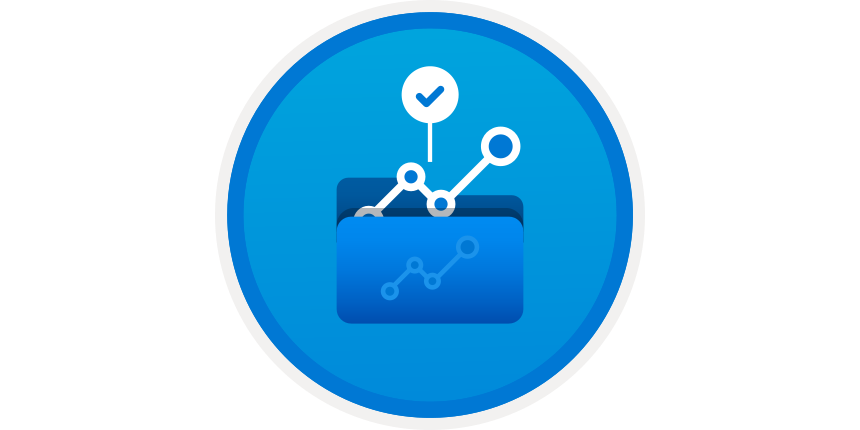
Identify an application's key access patterns. Define the entities' data model, along with containers to store the data with a partition key that will result in an efficient and scalable data store for the application. In this episode, you will:

Identify strategies for managing relationships between data entities, such as customers and sales data. Improve data-model performance and scaling by pre-aggregating and denormalizing your data. Use change-feed to maintain your data's referential integrity. In this episode, you will:

Replicate data across the globe and manage automatic or manual failovers in Azure Cosmos DB. In this episode, you will:
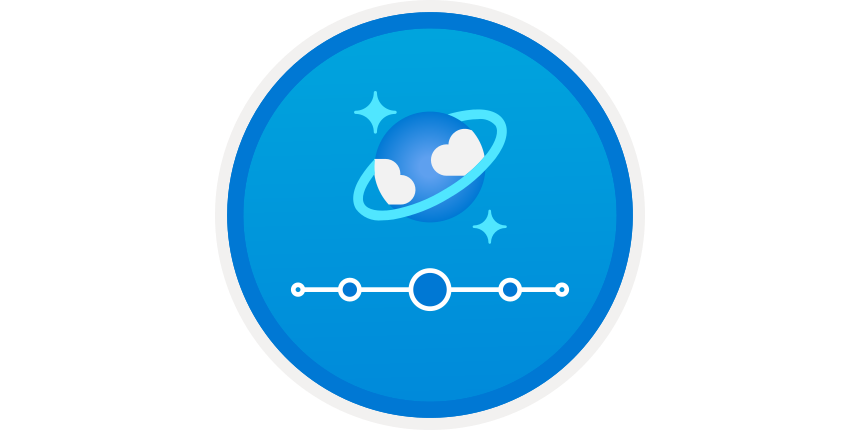
Configure consistency on a sliding scale for Azure Cosmos DB SQL API. In this episode, you will:

Write data to multiple regions using Azure Cosmos DB SQL API. In this episode, you will:
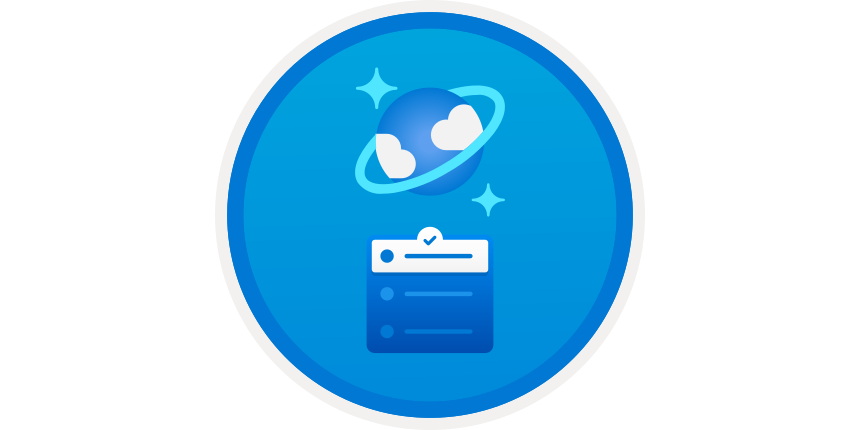
Tune the indexing policy based on your SQL queries in Azure Cosmos DB SQL API. In this episode, you will:
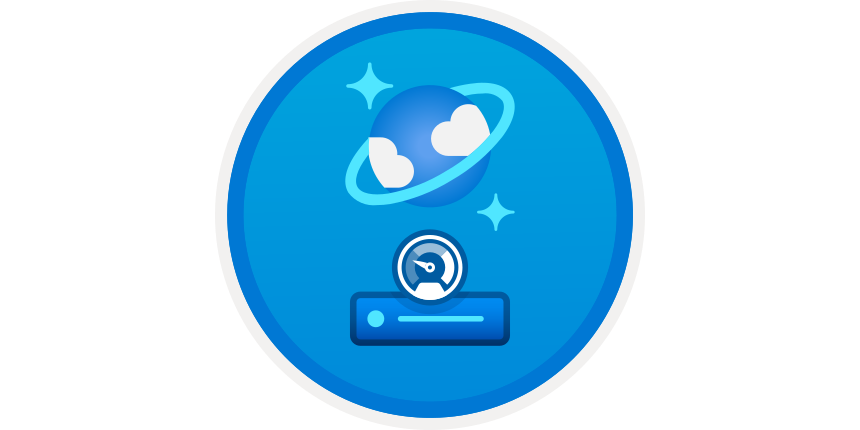
Measure the performance of an indexing policy in Azure Cosmos DB SQL API. In this episode, you will:
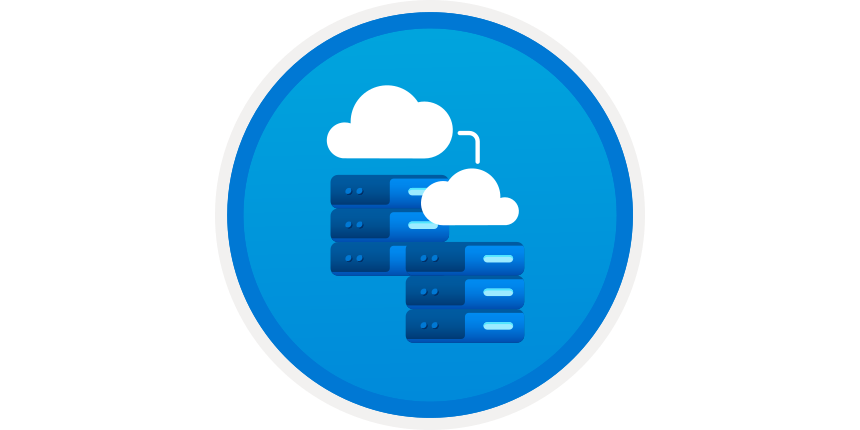
Implement, configure, and monitor integrated cache in Azure Cosmos DB SQL API. In this episode, you will:

Abdul Rasheed Feroz Khan
Founder & CEO, Microsoft MVP, CodeSizzler
Twitter
Alex Mang
Founder/CEO, Microsoft RD, MVP and MCT, KeyTicket Solutions
Twitter
Chander Dhall
CEO, Author, Microsoft MVP, Cazton
LinkedIn
Chris Hyde
Owner and Principal Consultant, Microsoft Data Platform MVP, Hydrate Consulting LLC
Twitter
Glenn Colpaert
CTO and Founder, Microsoft MVP & MCT, Zure
Twitter
Hasan Savran
Manager, Microsoft Data Platform MVP, Progressive Insurance
Twitter
Heini Ilmarinen
DevOps Consultant, Microsoft Data MVP, Polar Squad
Twitter
Jay Gordon
Azure Cosmos DB Senior Program Manager, Microsoft
Twitter
Joseph Dantoni
Principal Consultant, Microsoft Data Platform MVP, Denny Cherry & Associates Consulting
Twitter
Justine Cocchi
Senior Program Manager, Microsoft
Twitter
Lenni Lobel
CTO, Microsoft Data Platform MVP, Sleek Technologies
Twitter
Marilag Dimatulac
Cloud Solution Architect, Microsoft Azure MVP, Dewise
Twitter
Mark Brown
Principal Program Manager, Microsoft
Twitter
Matias Quaranta
Senior Software Engineer, Microsoft
Twitter
Matt Gordon
Director of Data and Infrastructure, Microsoft Data Platform MVP, Rev.io
Twitter
Michelle Gutzait
Senior Solution Architect, Microsoft Data Platform MVP, EPAM
Twitter
Rodrigo Souza
Senior Program Manager, Azure Cosmos DB, Microsoft
Twitter
Tim Sander
Program manager, Microsoft
Twitter
Udaiappa Ramachandran
Chief Technology Officer, Chief Security Officer, Microsoft MVP, Akumina
TwitterMicrosoft Certified: Azure Cosmos DB Developer Specialty
Microsoft Learn Module
Microsoft Learn Module (2)
Microsoft Learn Module
Microsoft Learn Module (2)
Microsoft Learn Module
Microsoft Learn Module
Microsoft Learn Module
Microsoft Learn Module
Microsoft Learn Module
Microsoft Learn Module
Microsoft Learn Module
Microsoft Learn Module
Microsoft Learn Module
Microsoft Learn Module
Microsoft Learn Module
Microsoft Learn Module
Microsoft Learn Module
Microsoft Learn Module
Microsoft Learn Module
Microsoft Learn Module
Microsoft Learn Module
Microsoft Learn Module
Microsoft Learn Module
Microsoft Learn Module
Microsoft Learn Module
The event is free! You can join Learn TV to the stream content for free!
Every week starting January 12, 2022 through July 6, 2022
Yes! You can stream our past events anytime! Browse all Learn Live to stream anytime.
This event series is virtual! Join us and thousands of others to enjoy the experience from the comfort of your own home, office, or device.
This show is delivered in English. Captioning in 14 different languages will be available in the recordings, made available 48 hours after each live show at Learn Live.
We seek to provide a respectful, friendly, professional experience for everyone, regardless of gender, sexual orientation, physical appearance, disability, age, race or religion. We do not tolerate any behavior that is degrading to any gender, race, sexual orientation, or disability, or any behavior that would be deemed harassment or discrimination. Individuals are responsible for knowing and abiding by our standards and we encourage everyone to assist in creating a welcoming and safe environment. Additionally, we strive to treat our shared planet with the same amount of respect. Please report any questions, concerns, or disruptive activity or behavior to the organizing team, so that we can address the issue immediately.